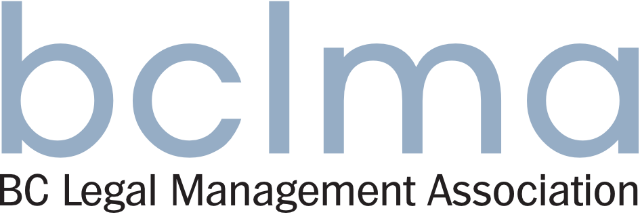Is seeing believing? It should not be. Our perceptions can be superficial and incomplete. Car accident witnesses describe the same event differently. Law firm owners, associate lawyers, and legal support personnel see the same office, but what registers with them varies significantly. We see through our filters without even recognizing that we employ a limited lens. Being conscious of our own perception biases can improve teamwork, recruitment, training, and career development. It can also improve communication with our clients.
We must recognize that we register a narrow slice of reality because we rely on what we already “know.” We like observations that confirm our past experience. And, this means we miss the opportunity to identify what is new and what is possible. These perceptional deficiencies can be overcome in several ways:
- We have a perception deficiency that is best addressed by asking others what they see. The picture below illustrated that there is multiple accurate interpretation of the same reality. Some may focus on the white vase, while others concentrate on the profiles of two people. Accepting that there are other valid points of view increases our ability to understand reality as well as ensure that we see all that there is to see.

2. We conquer perceptual distortions (Halo effect, stereotypes and projection) by keeping our minds open and rejecting all stereotypes. Labels gloss over distinctions. They also encourage simplistic thinking and an unwarranted belief that we know all that we need to know. The halo effect is often witnessed when an employee may have done some good work, some time ago, which was highly appreciated by their lawyer. This deed by the individual might have touched the lawyer to such an extent that all other qualities, be it negative, get overshadowed by just one good deed of the individual. Such an error often finds its way in the performance appraisal exercise wherein the rater tends to rate an individual very high or very low based on a single trait, thus permitting a high degree of bias to creep into the appraisal. Stereotypes also reduce cooperation and teamwork. Kierkegaard captured this reality when he stated: “Once you label me, you negate me.” When we attach a label to someone we stop paying attention to them. Labels transform the other person into one of “THEM,” which is an impersonal, and usually less respectful, abstraction. Stereotypes blind us as certainly as if we were wearing blinders. Everyday examples in law firms include: evaluating competency based on age, assigning a project with a significant technical component to the generation Xer without regard for their real tech credentials, and selecting a candidate largely based on an impressive resume and not spending enough time on the interview and reference checks. Projection includes the incorrect perception of an individual. It is seen during interviews that when the panelists are taking the interview of a candidate, it is very likely that one or more panelists may see their projection in the candidate or in other words their likes or dislikes may be the same as that of the candidate and hence their interview ratings could get biased.

3. Distorted and fixed perceptions are dangerous. Our world is becoming more complex, integrated and agile, and that static points of view limit our ability to collect information and recognize patterns. Holding onto a narrow view means we make mistakes because our actions are based on incomplete knowledge. Convinced in our accuracy, we refuse to adjust our views or consider other options. Instead of listening to different points of view, we prefer to have others just agree with us. When others realize that our mind is made up, they stop sharing information since it becomes as a waste of their time. How many ways do you see this image? Optical illusions have several ways they can be perceived. How open are you?
We get our eyes examined to ensure that we see clearly. We must also test our perceptions. For as Thoreau noted: “It’s not what you look at that matters, it’s what you see.” We must continually test our perception before we accept what we see at first glance is all that there is to see.
by Dr. Mary Lippitt, Enterprise Management Limited. Dr. Mary Lippitt is the author of Brilliant or Blunder: 6 Ways Leaders Navigate Uncertainty, Opportunity and Complexity. She can be reached at [email protected]
Leveraging Success Mindsets to Deliver Brilliant Results
Voice: 727-934-9810
Text: 727-946-4200

